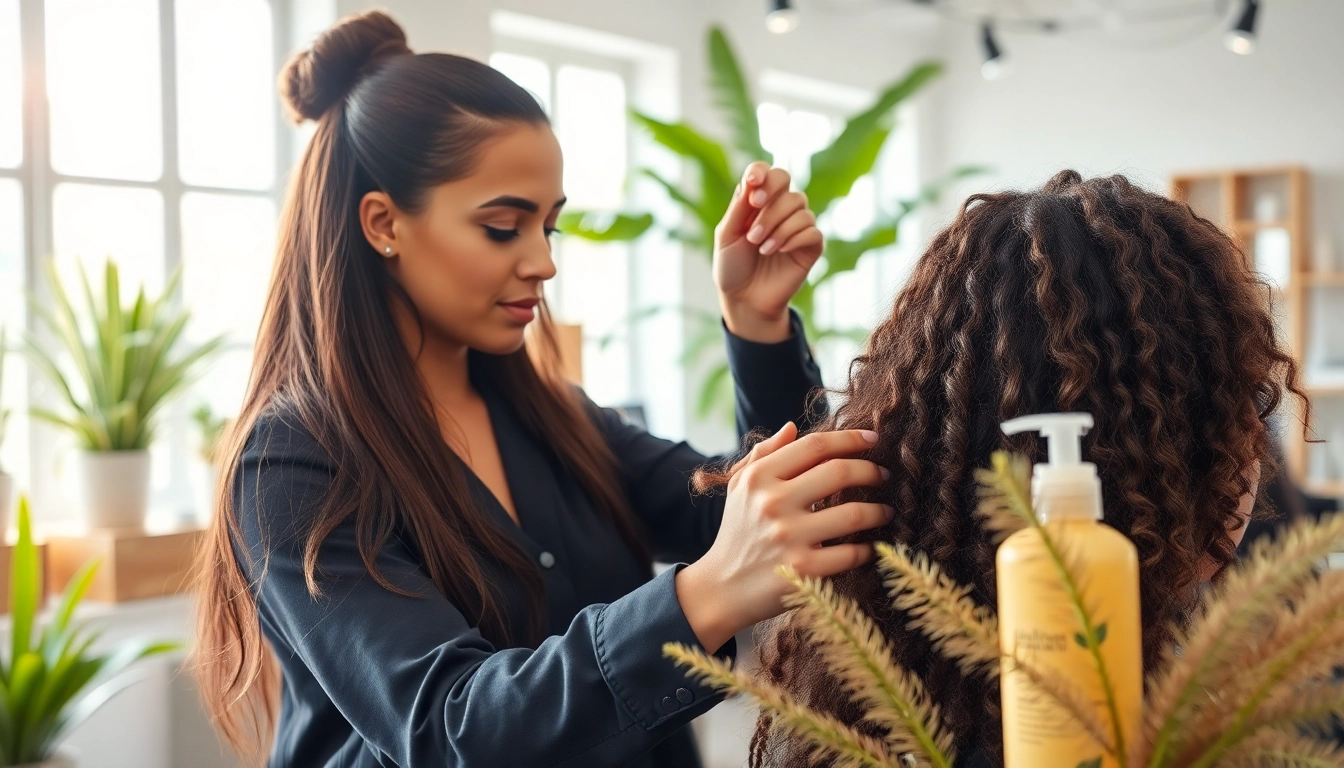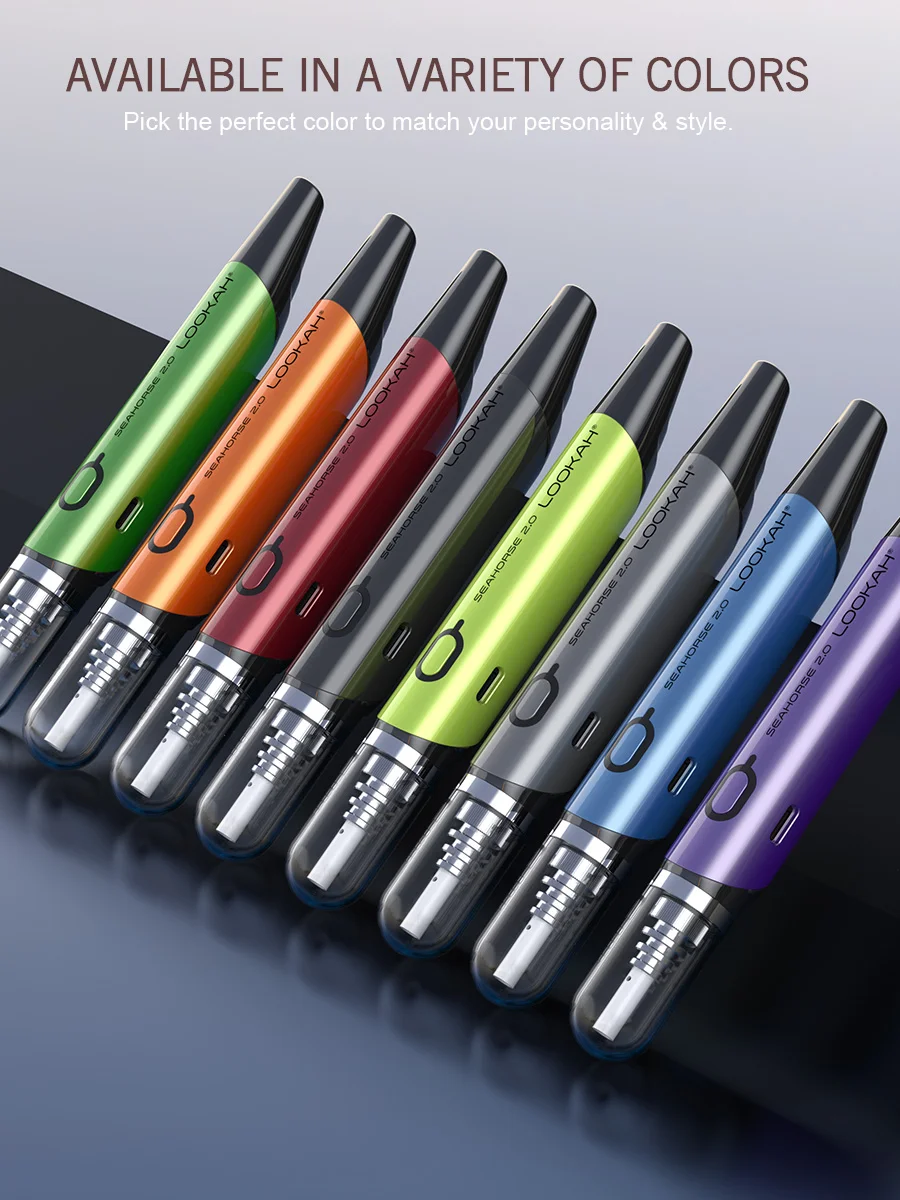What Are Natural Hair Products?
In recent years, the demand for natural hair products has surged as consumers are becoming increasingly aware of the potential dangers of synthetic chemicals found in many conventional hair care products. But what exactly are natural hair products? At their core, these products are formulated using ingredients sourced from nature, which may include plant extracts, essential oils, and natural minerals, without harmful additives or synthetic substances. This approach to hair care is a response to a growing understanding of how our daily grooming choices impact both personal health and the environment.
Defining Natural Hair Care
Natural hair care encompasses a wide spectrum of products designed for maintaining and enhancing hair quality. These products aim to safeguard hair from damage, promote growth, and improve overall health by utilizing ingredients that are gentle and nourishing. As many consumers move away from harsh chemicals like sulfates, parabens, and artificial fragrances, hair care brands have adapted by developing formulas that prioritize safety and effectiveness.
Benefits of Using Natural Ingredients
The benefits of using natural ingredients in hair care are manifold. Firstly, natural ingredients are often less irritating, making them suitable for people with sensitive scalps or allergies. Ingredients like aloe vera, shea butter, and coconut oil are celebrated not just for their soothing properties but also for their ability to deeply hydrate hair and scalp.
Moreover, natural ingredients are generally more sustainable than their synthetic counterparts. Many natural hair products are also vegan and cruelty-free, appealing to ethically conscious consumers. Lastly, they often lack harsh preservatives and chemicals that can strip hair of its natural oils, leading to damage and dryness.
Understanding Product Labels and Certifications
When shopping for natural hair products, understanding product labels and certifications is crucial. Terms like “organic,” “all-natural,” and “free-from” signify various standards that can indicate quality and safety. For example, organic products are made from ingredients cultivated without pesticides or synthetic fertilizers. Similarly, certifications such as USDA Organic or COSMOS Organic can assure consumers of high standards in ingredient sourcing and production processes.
Additionally, look for labels that indicate the absence of harmful chemicals (like formaldehyde or sulfates) and those that emphasize their plant-based origins. Educating yourself about these labels can empower informed purchasing decisions, ensuring you choose products that align with your values and health needs.
Top Natural Hair Products for All Hair Types
Natural hair products can be tailored to address the unique needs of various hair types—from straight to wavy, curly, or coily. Below, we explore some of the most effective natural hair products available for different hair types.
Best Natural Products for Curly Hair
Managing curly hair can be challenging, but the right natural products can make a significant difference. For instance, curl creams infused with natural oils such as argan and jojoba can provide excellent moisture and define curls without weighing them down. Brands like Mielle Organics have gained popularity for their high-quality formulations specifically designed for textured hair.
Moreover, deep conditioning masks made from shea butter and coconut oil can nourish curls and prevent frizz, while leave-in conditioners help maintain moisture throughout the day. Products featuring hydrolyzed proteins can also bolster the structure of curly hair, enhancing definition and reducing breakage.
Effective Natural Treatments for Damaged Hair
For those struggling with damaged hair, natural treatments can offer nearly miraculous healing properties. Popular options include oils like castor and olive oil, which can seal in moisture and promote healthier, shinier hair. Additionally, restoring masks using ingredients such as honey and avocado can reinforce hair shaft strength and elasticity.
Regular use of treatments such as the As I Am JBCO Hair Masque has been noted to revitalize damaged hair, aiding in repair and rehydration. Combine these treatments with gentle cleansing methods, avoiding sulfates and other harsh agents, to facilitate recovery and growth.
Natural Solutions for Dry Scalp and Hair Growth
A dry scalp can lead to discomfort, itching, and flaking, which is why natural remedies are often preferred. Tea tree oil and peppermint oil possess antibacterial properties that can alleviate scalp irritation and enhance blood circulation, respectively, thus promoting hair growth.
Incorporating essential oils into your scalp massage routine can also be beneficial. For example, rosemary oil is famed for its potential to stimulate hair follicles and promote growth. Diluting essential oils in a carrier oil such as coconut or sweet almond oil can enhance their application and effectiveness.
How to Choose the Right Natural Hair Products
Finding the right natural hair products requires understanding your individual hair type and needs. Here’s how you can effectively navigate this selection process.
Identifying Your Hair Type and Needs
Start by identifying your hair type: is it straight, wavy, curly, or coily? Each hair type has distinct needs that require tailored products. For instance, straight hair may benefit from lightweight conditioners, while curly hair often needs heavier creams and deeper hydration.
Moreover, assess your scalp condition—whether it’s oily, dry, or sensitive—as this will influence the types of cleansing and conditioning products you choose. Understanding these factors will provide you a strong base for product selection.
Reading Ingredients: What to Look For
Reading product ingredients is a vital skill that allows consumers to avoid harmful additives while identifying beneficial components. Look for products containing natural oils, butters, and botanical extracts that nourish and strengthen hair. Ingredients like aloe vera, chamomile, and hibiscus are known for their hair-friendly properties and ability to promote scalp health.
Conversely, avoid products that list sulfates, parabens, and artificial colorants among their ingredients. These synthetic components can lead to dryness, irritation, and hair damage.
Matching Products with Your Hair Goals
Consider your hair goals when selecting products. For example, if your goal is to achieve defined curls, focus on products marketed for curl enhancement—specifically curl creams or gels containing natural humectants. If you aim for hair growth, prioritize products enriched with essential oils and vitamins known to stimulate growth.
Don’t hesitate to try different products until you find the perfect match, as what works for one person may not be effective for another. Keeping a hair journal tracking products used alongside their effects can also assist in honing in on what’s best for your hair.
Common Misconceptions about Natural Hair Products
While natural hair products have gained popularity, several misconceptions can cloud consumer judgment. Understanding these myths can help make more informed decisions.
The Myth of All-Natural Equals Effective
One common misconception is that “all-natural” guarantees effectiveness. While natural components can be beneficial, not all natural ingredients suit every hair type or condition. For instance, certain nut oils may hydrate dry hair but could trigger allergies in sensitive individuals. Always research and patch-test new products to prevent adverse reactions.
Understanding Pricing: Are Higher Costs Worth It?
Higher price points often lead consumers to believe that premium products are of superior quality. However, this isn’t always the case. It’s essential to evaluate the ingredients rather than the cost alone. Some affordable brands provide excellent formulations without the inflated price tag, making them great options for consumers on a budget. Exploring users’ reviews and ingredient efficacy can aid in making an informed choice.
Addressing Allergies and Sensitivities
While natural products reduce the risk of allergies, they are not entirely free from potential reactions. Always scrutinize product labels for allergens and consult with a healthcare provider if you have known sensitivities. Opting for fragrance-free products can also alleviate issues for those sensitive to strong scents.
Enhancing Your Hair Care Routine with Natural Products
Adopting natural products into your hair care routine can enhance results and improve hair health. Here’s how to effectively incorporate these products.
Incorporating Natural Products into Daily Regimens
Integrating natural hair products into your daily routine doesn’t need to be complicated. Start with simple steps such as swapping out conventional shampoos and conditioners for natural alternatives. Ensure consistency in routine; using the same products over time maximizes their benefits.
In addition to cleansing products, consider adding a weekly deep conditioning treatment to your regimen. This can dramatically improve moisture levels and overall hair texture.
The Importance of Consistency in Hair Care
Consistency is paramount when using natural products. Unlike their synthetic counterparts that may provide immediate results, natural products often require patience and regular use before visibly seeing results. Stick to your regimen for several weeks for the best outcome.
Measuring Progress and Results
Measuring progress can help you assess the effectiveness of your natural hair care routine. Monitor changes in hair texture, moisture levels, and scalp health. Additionally, take advantage of journaling your progress—this not only keeps track of which products work best but also allows reflection on whether you’re meeting your hair goals.














Leave a Reply